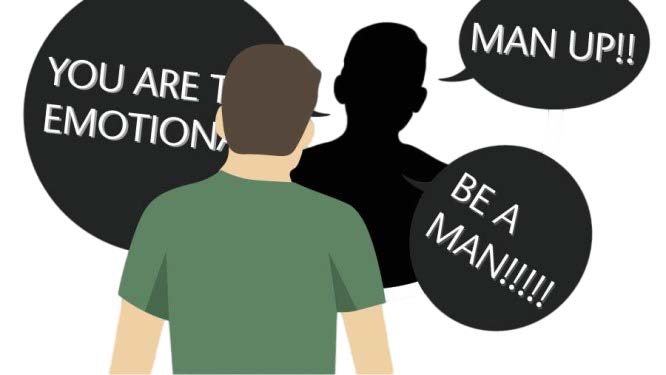Mental Health Stigma
Home / Newsletter /
Mental Health Stigma
Mental health includes our emo-tional, psychological, and social well-being. It affects how we think, feel, and act. It also helps determine how we handle stress, relate to others, and make healthy choices.
Mental health is important at every stage of life, from child-hood and adolescence through adulthood. It is important to remember that a person's men-tal health can change over time, depending on many factors, whether it gets worse or better. But it is also crucial to consider our mental health when we feel it is worsening. It is better if we seek mental health support from a professional.
Unfortunately, more than half of people with mental illness don't receive help for their dis-orders. Often, people avoid or delay seeking treatment due to concerns about being treated differently or fears of rejection by their society. That's because of stigma!
According to American Psycho-logical Association, Stigma is
the negative social attitude at-tached to a characteristic of an individual that may be regarded as a mental, physical, or social deficiency. A stigma implies so-cial disapproval and can lead un-fairly to discrimination against and exclusion of the individual. For example, mental health stig-ma refers to societal disapproval or when society shames people who live with a mental illness or seek help for emotional distress, such as anxiety, depression, bipo-lar disorder, or Post-Traumatic Stress Disorder (PTSD).
Stigma can lead to discrimina-tion. Discrimination may be obvious and direct, such as someone making a negative re-mark about your mental illness or treatment. Or it may be un-intentional or subtle, such as someone avoiding you because the person assumes you could be unstable, violent or danger-ous due to your mental illness. You may even judge yourself. Stigma can also lead people with mental illness to be bul-lied, excluded from social groups, or become a victim of violence.
Mental health stigma can come from stereotypes, simplified or generalized beliefs or represen-tations of entire groups of peo-ple that are often inaccurate, negative, and offensive. They allow a person to quickly judge others based on a few defining characteristics which apply to anyone in that group. For in-stance, people with depression are often stereotyped as lazy, while some judge those with anxiety as cowardly. Many peo-ple fear being labelled "crazy" for simply seeking support from a therapist. None of these char-acterizations is valid, and all are misinformed, and prevent peo-ple from getting the help they need.
Importantly, everyone has a role in diffusing mental health stigma. First, people should educate themselves about mental health issues and better comprehend what life is like for those with these conditions. By doing so, they can help dispel commonly held myths and stereotypes in themselves and others.
Dealing with the effects of stig-ma is distressing and can exac-erbate mental illness. Many say dealing with this is harder than dealing with mental illness. People with mental illness may also take on board the preju-diced views others hold, which can affect their self-esteem. They may feel ashamed or em-barrassed. This can lead them not to seek treatment, to with-draw from society to alcohol and drug abuse or even to sui-cide
How many members of our family suffer from mental health issues and cannot re-ceive support because of stig-ma?

